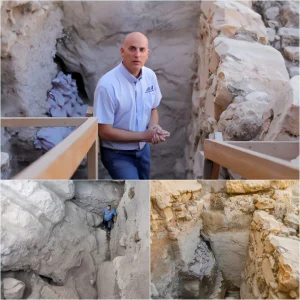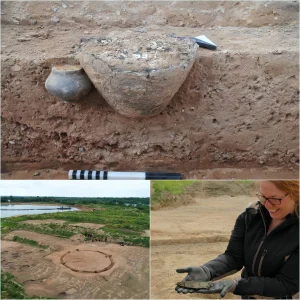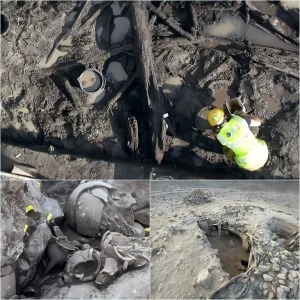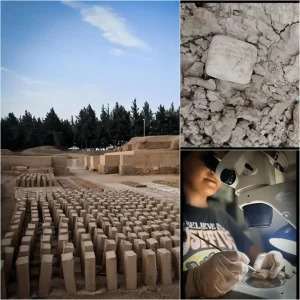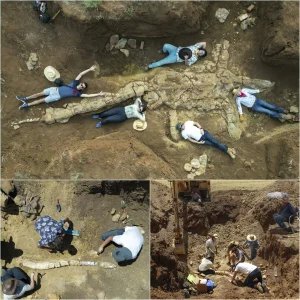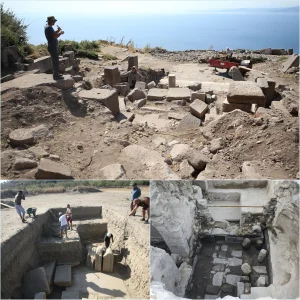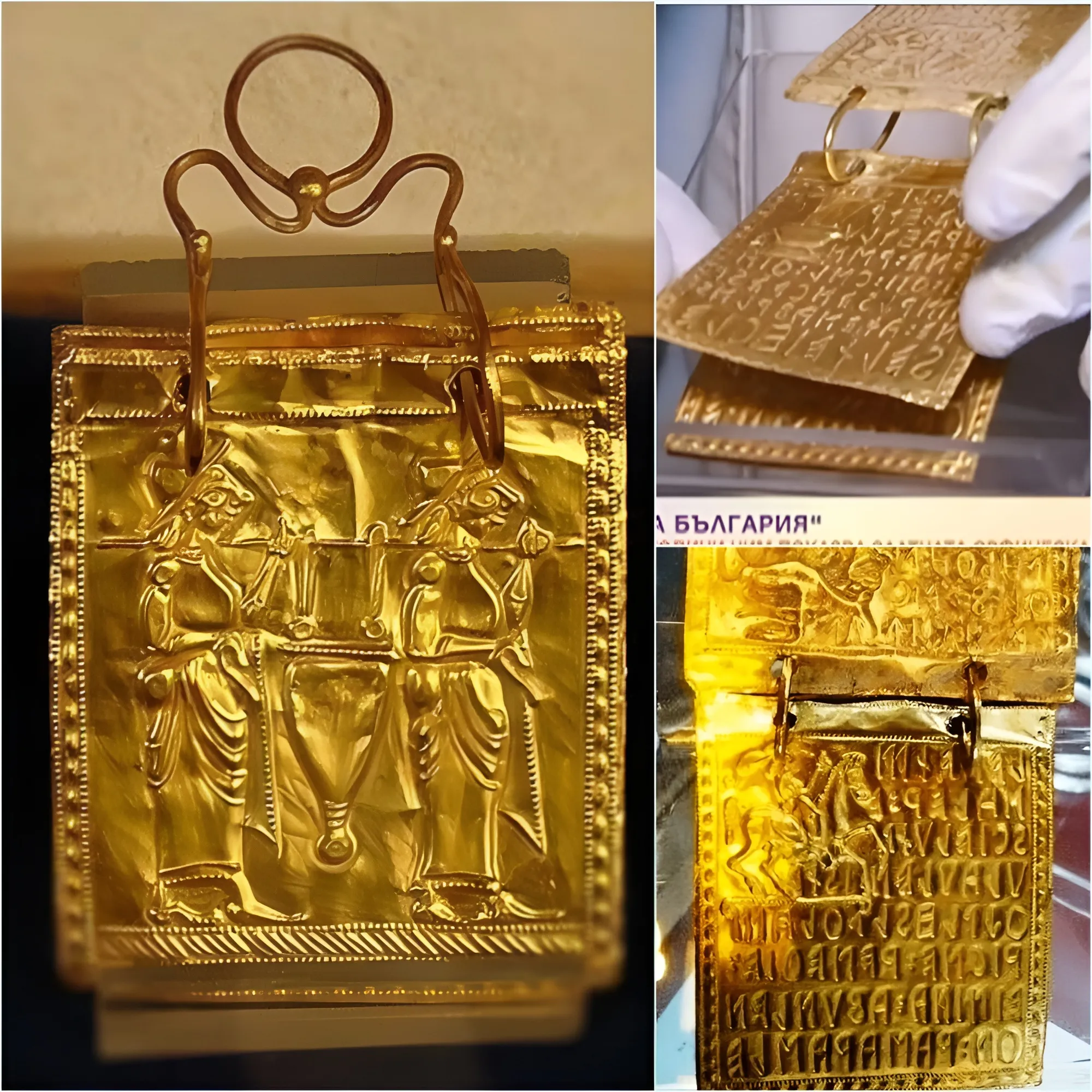
The ancient world harbors countless enigmas awaiting discovery by adventurous archaeologists, yet few artifacts shine as brightly as the Golden Book of Orpheus. Currently housed in the National Historical Museum in Sofia, Bulgaria, it stands not only as a repository of history but also as a testament to ancient craftsmanship and spiritual pursuits from millennia past.
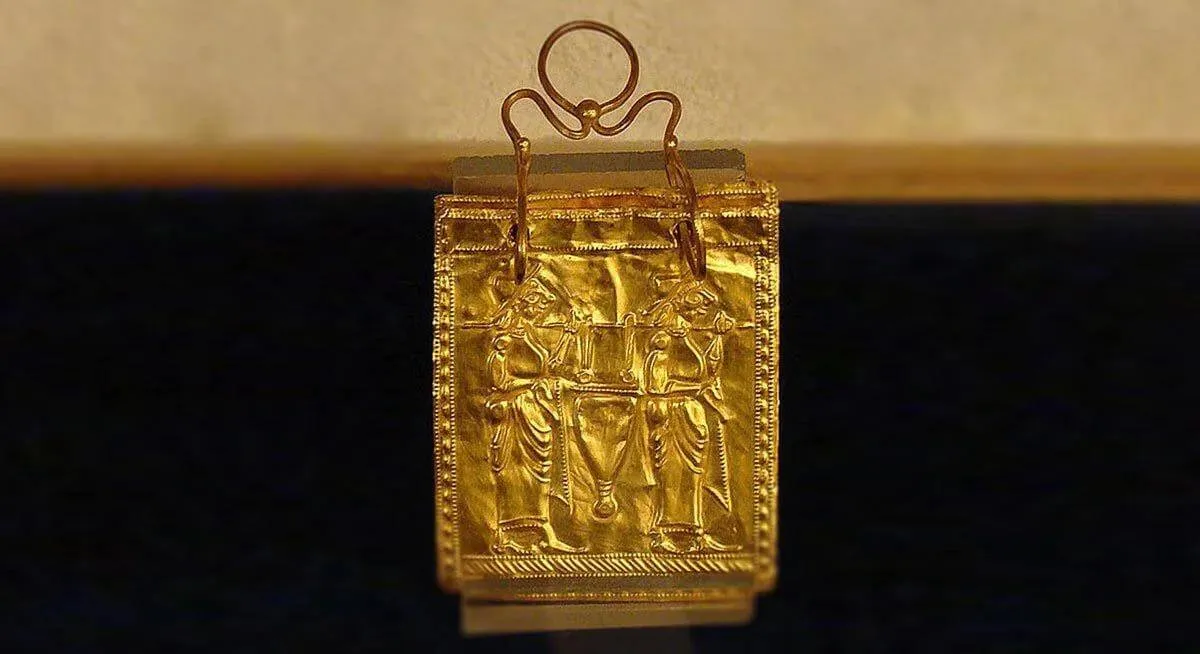
The Golden Book of Orpheus was unearthed nearly 70 years ago in a stroke of serendipity. A soldier digging a canal around the Struma River stumbled upon what would later be recognized as one of the world’s oldest preserved books. Dating back to around 660 BC, this extraordinary codex consists of six pages, each measuring 5 cm by 4.5 cm. Crafted from 23.82-karat gold and bound together with delicate gold rings, the artifact weighs a mere 100 grams but exudes immense cultural and historical significance.
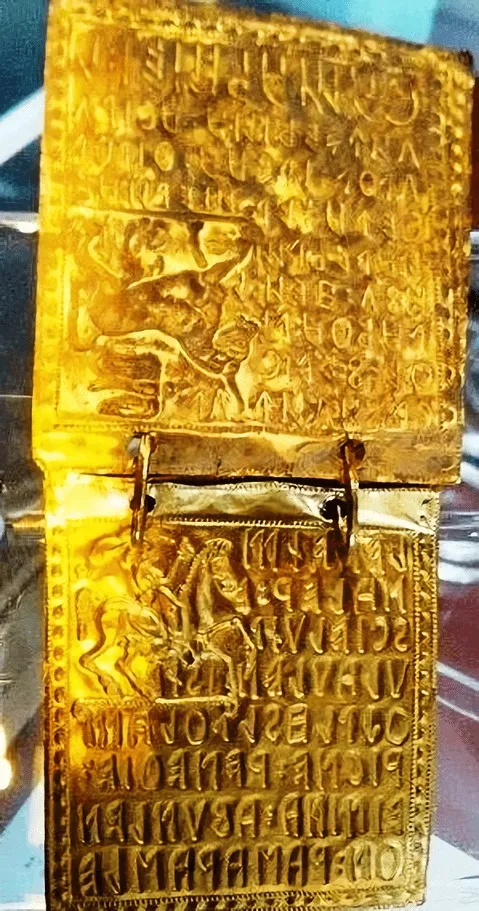
The book’s contents are inscribed in Etruscan characters, a language associated with the ancient Etruscans, a civilization that originated in Lydia (modern-day Turkey) and later settled in central Italy over three millennia ago. The illustrations on its plates depict a diverse array of symbols and figures, including a horse, a horseman, a siren, a lyre, and soldiers, reflecting the vibrant cultural tapestry of its time.
Scholars interpret the Golden Book of Orpheus as connected to mystical rites and practices related to death. It is believed to have been used in the funeral rituals of an aristocrat devoted to the Orphic cult, a belief system steeped in the mythical traditions surrounding Orpheus.
This remarkable artifact not only illuminates ancient beliefs and customs but also underscores the enduring allure of the past. Preserved in gold, it stands as a testament to human ingenuity and spiritual exploration, inviting us to delve deeper into the mysteries of our shared history.
